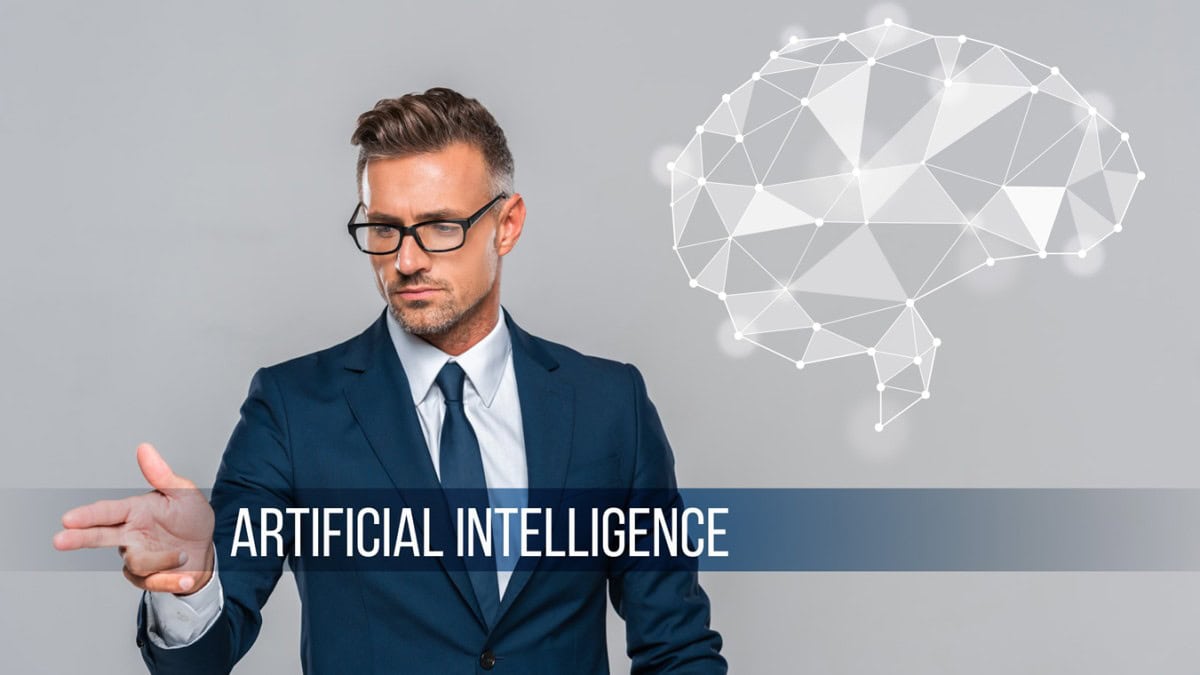A study by Sage, The Changing Face of HR in 2024, found that 83% of HR leaders said they don’t currently have the right HR technology. Many are keen to adopt AI in HR practices, but 43% express concerns that they won’t keep pace with the rapid advancement of AI technology in HR.
This is partly because many organizations prioritize technology for other departments, like operations, marketing, and finance. There is often little left in the budget to invest in HR tech. However, ignoring the AI boom in HR can have widespread consequences in public-sector organizations.
The Rise of AI in HR 2024
Artificial intelligence is one of the key trends in HR in 2024. Many organizations are already harnessing AI to streamline administrative tasks, recruit talent, enhance the employee experience and support people-management decisions.
Some of the most significant impacts are in the following areas:
- Recruitment: AI recruitment tools include candidate screening, skills testing and chatbots that can guide applicants through recruitment.
- Onboarding: From personalized welcome packs to induction training, AI can take new employees through the onboarding process in much less time than when done manually.
- Training: AI can help you accurately identify skills gaps, create individual career plans and facilitate general training such as health and safety training.
- Performance management: AI can analyze large volumes of employee data, allowing for rapid interventions when metrics like performance, absenteeism or engagement are trending low.
- Administrative: Integrated HR systems that link to multiple business systems can streamline many admin-heavy functions, running payroll, processing leave applications, and fulfilling compliance obligations, with little human oversight.
- Employee support: Employee help desk software can more efficiently manage employee queries. It can categorize and route queries to the relevant persons or direct employees to self-service resources like a knowledge base or resource library.
The Potential Impact of AI on HR Professionals
Artificial intelligence is often feared, with many worrying that it will make their job obsolete. According to Workday’s Global CHRO’s AI Indicator Report, only 5% of HR leaders surveyed worry that AI may replace them. Most feel confident that technology like AI will enhance their jobs rather than remove them.
AI software can perform many low-value tasks, freeing up time for HR staff to devote to higher-value tasks like building employee relationships. HR leaders can also make more informed strategic decisions based on their people analytics.
However, with new technology comes new challenges. HR professionals transitioning from old legacy systems may need support adapting to more robust and intuitive AI-supported HR software. This is easily addressed by training HR workers to use AI tools effectively.
Challenges and Ethical Consideration of AI in HR
While AI offers many benefits to HR professionals, it isn’t without risks.
One significant concern is the risk of algorithm bias. Historical data is used to train AI algorithms. If the data contains racial, gender, age or cultural biases, it could inadvertently lead to discriminatory hiring practices. It could also skew performance evaluation outcomes, resulting in unequal opportunities for employees from diverse backgrounds. To prevent this, your tech team must work to continuously improve the AI system’s data inputs and detect biases.
Data privacy is another challenge. AI systems collect large amounts of employee data. You must implement vigorous data security protocols to avoid unauthorized access or misuse of employee information and external data breaches. You also need to comply with state and federal laws protecting employee data. Transparency is important—employees must be aware of the type of data collected, how it is used, and their rights regarding data privacy.
Generative AI tools, like ChatGPT and Google Gemini, are useful in drafting HR documents. Tread carefully, though. First, check that the information these tools provide is accurate and unbiased. Second, make sure it doesn’t transgress intellectual property restrictions.
The Cost of Inaction
An AI research study published on Science Direct found that AI inputs related to improved accuracy, automation and real-time experience dramatically impacted time and cost-saving outcomes.
Tech-forward organizations are generally more progressive and innovative. Embracing AI can help you shake off a pedestrian image and make you a more desirable public-sector employer.
Dragging your feet on AI implementation will inevitably cost you time and money. But it can also cause you to lose talented employees and make it harder to attract new ones.
5 Strategies for Embracing AI in HR
1. Get leadership buy-in. Only once the leadership understands the importance of AI in people management and how it benefits the organization will the wheels start rolling.
2. Consult with AI experts. Changing your HR systems is a complicated process. If you lack internal skills, hire an AI tech expert to support the process. You could also replicate an AI HR model successfully implemented in another local government agency.
3. Train HR professionals. Train your HR professionals to use the system to its full potential and educate them on the risks and ethical considerations associated with AI.
4. Foster a culture of innovation. Artificial intelligence is a scary concept for some people. However, if a culture of innovation exists in the organization, employees will more readily embrace new technology.
5. Develop an AI policy. Consider employee rights and legal considerations. It’s advisable to consult with a legal expert specializing in artificial intelligence to ensure you have all your bases covered.
Key Takeaways
Artificial intelligence is changing how we perform most HR functions for the better. Yet, many organizations have been slow to adopt new HR technology. Ignoring the AI boom in HR can leave you trailing behind early adopters who are benefiting from snappier HR processes, increased productivity and enhanced service delivery.

